As Donald Trump was running for president in 2016, his old friend at the National Enquirer was scooping up potentially damaging stories about the candidate and paying out tens of thousands of dollars to keep them from the public eye.
But when it came to the seamy claims by a woman alleging an encounter with Trump, David Pecker, the tabloid’s longtime publisher, said he put his foot down.
“I am not paying for this story,” he told jurors Thursday at Trump’s hush money trial, recounting his version of a conversation with Trump’s former lawyer Michael Cohen about the catch-and-kill scheme that prosecutors alleged amounted to interference in the race. Pecker was already $180,000 in the hole on other Trump-related stories by the time the woman came along, at which point, he said, “I didn’t want to be involved in this.”
Pecker’s testimony was a critical building block for the prosecution’s theory that their partnership was a way to illegally influence the 2016 presidential election. The Manhattan district attorney is seeking to elevate the gravity of the history-making first trial of a former American president and the first of four criminal cases against Trump to reach a jury.
Trump’s lawyers also began their cross-examination of Pecker, using the time to question his memory of years-old events and to suggest his account had evolved over time.
But the hush money trial was just one of the consequential legal matters facing the Republican presidential candidate on Thursday.
The U.S. Supreme Court also heard arguments over whether Trump should be immune from criminal prosecution while he was the president, stemming from federal charges over his efforts to reverse his 2020 election loss to Joe Biden. The high court justices appeared likely to reject his claims of absolute immunity, though it seemed very possible that trial could be delayed beyond November’s election.
Trump’s many legal problems collided this week. The hush money case includes a looming decision on whether he violated a gag order and should be held in contempt. His former lawyers and associates were indicted in a 2020 election-related scheme in Arizona. And a New York judge rejected a request for a new trial in a defamation case that found Trump liable for $83.3 million in damages.
But the former president has a long history of emerging unscathed from sticky situations — if not becoming even more popular.
The Supreme Court’s decision will have lasting implications for future presidents, because the justices were seeking to answer the never-before-asked question of whether and to what extent does a former president enjoy immunity from prosecution for conduct during his time in office. But it may not impact the New York City case, which hinges mostly on Trump’s conduct as a presidential candidate in 2016 — not as a president.
Trump had asked to skip his New York criminal proceedings for the day so he could sit in on the Supreme Court’s special session, but that request was denied by Judge Juan M. Merchan, who is overseeing Trump’s trial on 34 felony counts of falsifying business records in connection with the hush money payments, which involved buying the rights to someone’s story but never publishing it.
“I think the Supreme Court has a very important argument before it today,” Trump said outside the courtroom. “I should be there.”
Instead, he sat at the defense table in a Manhattan courtroom with his lawyers, listening intently to Pecker testify how he and his publication parlayed rumor-mongering into splashy stories that smeared Trump’s opponents and, just as crucially, leveraged his connections to suppress unflattering coverage.
Trump has maintained he is not guilty of any of the charges, and says the stories that were bought and squelched were false.
“There is no case here. This is just a political witch hunt,” he said before court in brief comments to reporters.
In other developments, prosecutors argued Trump again violated a gag order, all while waiting to hear whether he would be held in contempt on other suspected violations. Merchan has barred the GOP leader from making public statements about witnesses, jurors and others connected to the case. He set a hearing for next Thursday on the new claims.
Trump was dismissive about the looming decision. When asked by reporters if he would pay fines if ordered, he replied, “Oh, I have no idea.” He then said, “They’ve taken my constitutional right away with a gag order.”
A conviction by the jury would not preclude Trump from becoming president again, but because it is a state case, he would not be able to pardon himself if found guilty. The charge is punishable by up to four years in prison — though it’s not clear if the judge would seek to put him behind bars.
(AP)

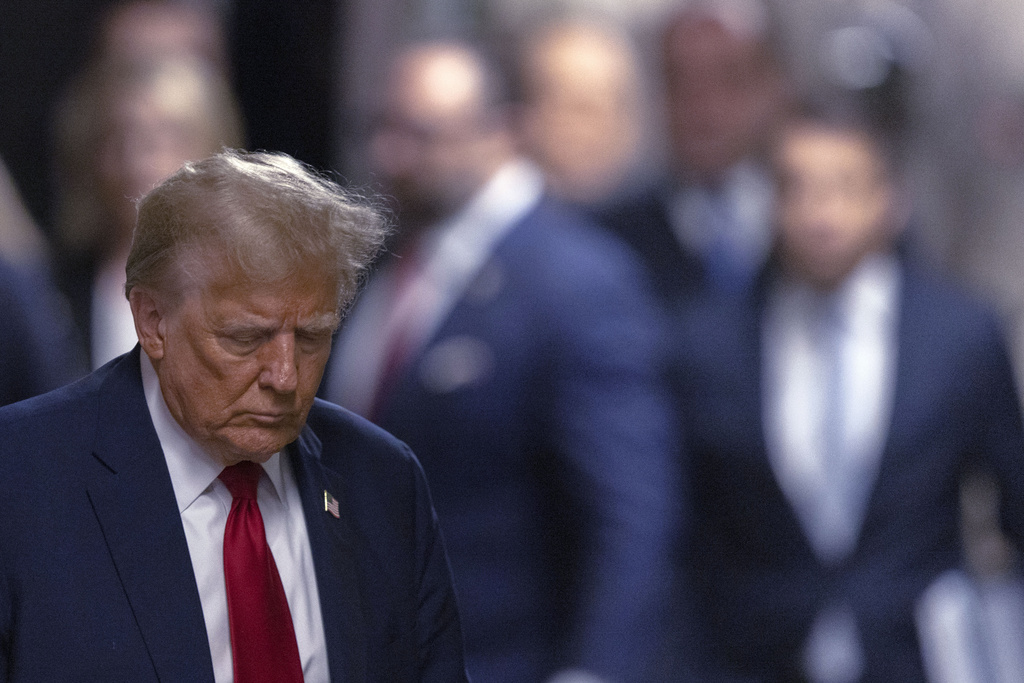
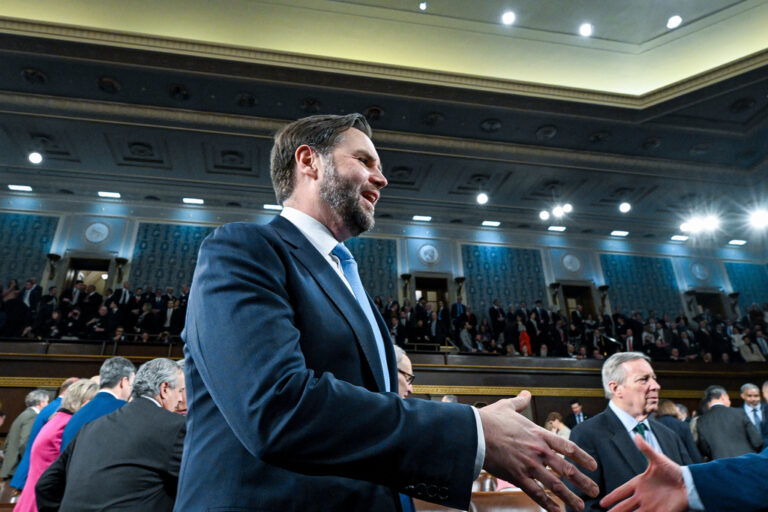
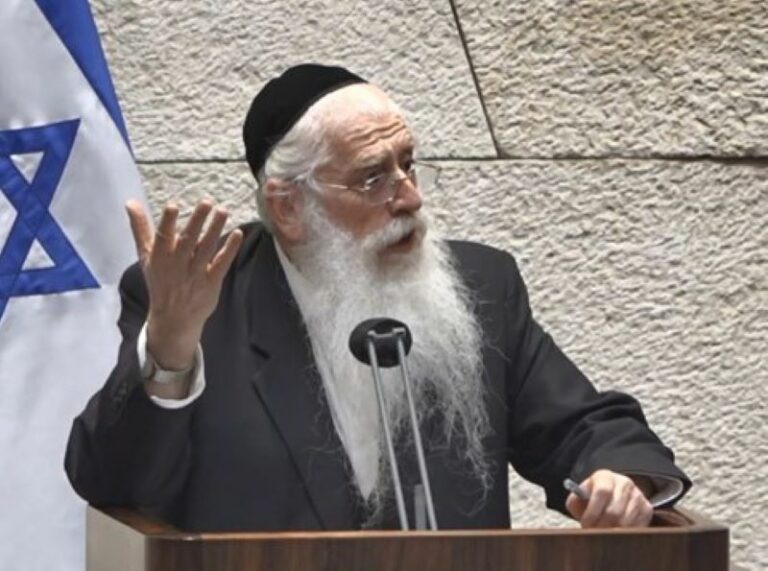


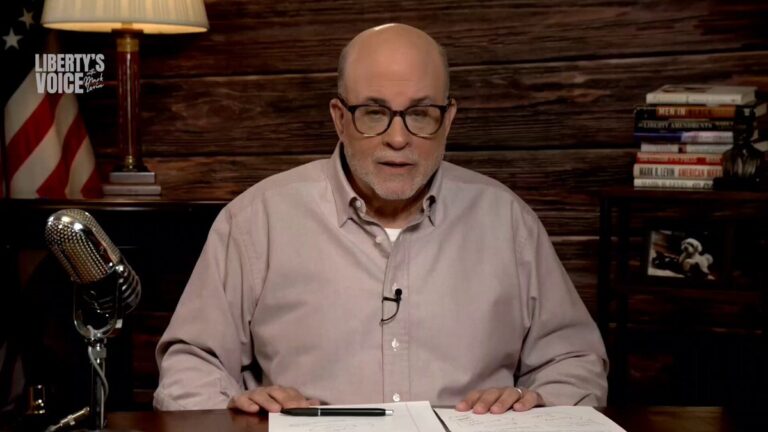


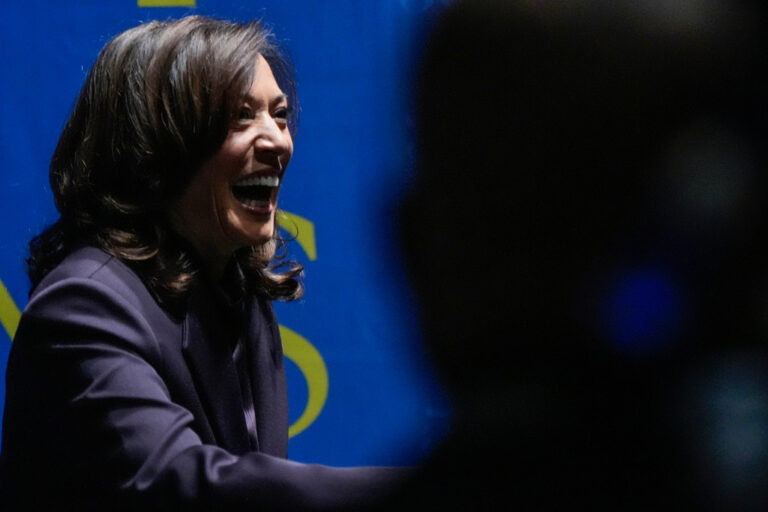
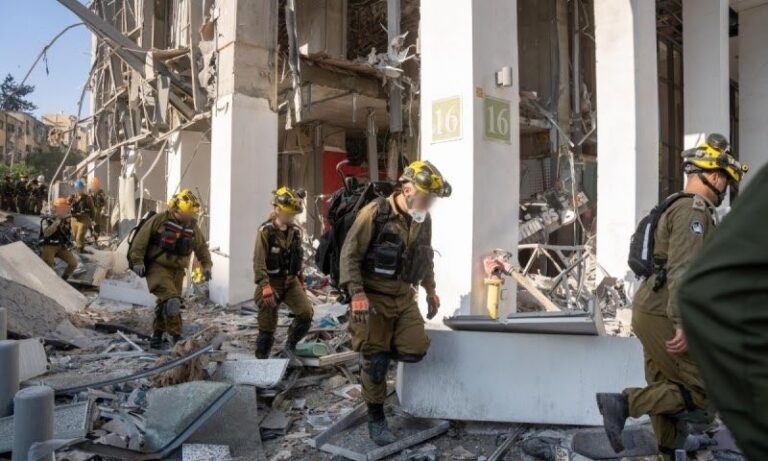
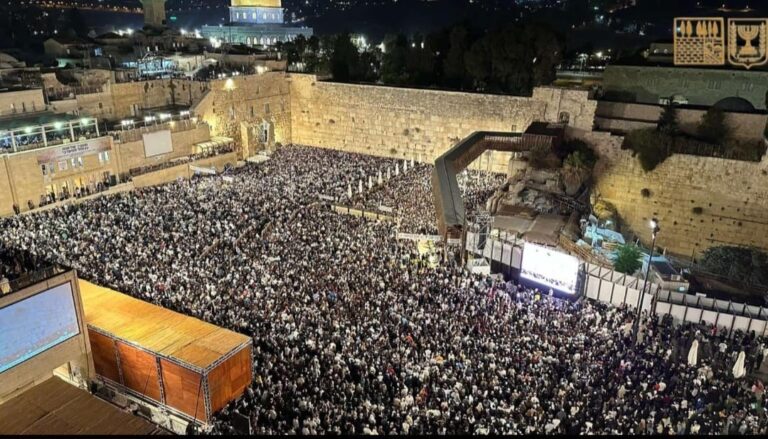
One Response
Since when is paying off nuisance claimants considered “illegally influence”? Actually, the nuisance claimants were using the election to extort money, which to me sounds illegal. What is truly illegal election interference is the government agencies violating the constitution by using government influence to silence relevant stories, as example Hunter Biden laptop and its relation to money scams.